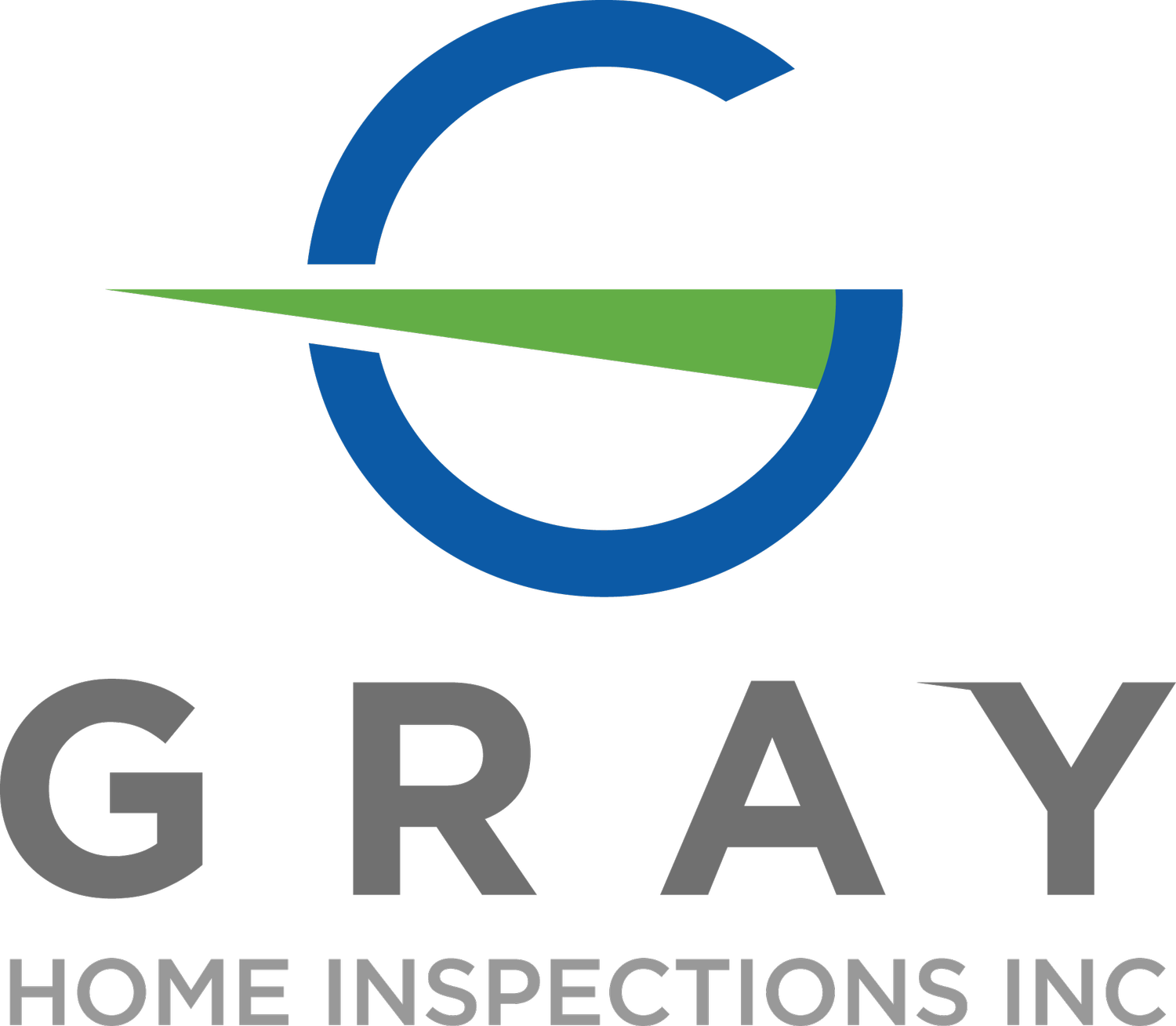Common Household Electrical Problems
Electrical problems are a common issue that homeowners may face from time to time. While some electrical issues can be minor and easily fixed, others can be more serious and require professional attention. Here are some of the most common household electrical problems and what you can do to address them.
- Circuit breaker tripping: A circuit breaker is designed to protect your home's electrical system by shutting off power to a circuit if there is a fault or overload. If your circuit breaker keeps tripping, it could be due to an overloaded circuit, a short circuit, or a faulty breaker. To address this issue, try unplugging some appliances or devices that may be overloading the circuit. If the problem persists, it may be time to call a professional electrician to assess and repair the problem.
- Electrical surges: Electrical surges can occur when there are sudden spikes in the electrical current, which can damage your electronics and appliances. Common causes of electrical surges include lightning strikes, power outages, and faulty wiring. To protect your home from electrical surges, consider installing surge protectors and avoiding the use of multiple power strips or extension cords.
- Flickering lights: Flickering lights can be caused by a variety of issues, including loose or faulty light bulbs, faulty wiring, or a problem with the electrical system. If you notice flickering lights in your home, try changing the light bulb first. If that doesn't solve the problem, it may be time to call a professional electrician to investigate and repair the issue.
- Dead outlets or switches: Dead outlets or switches can be frustrating and may be caused by a number of issues, including faulty wiring, a tripped circuit breaker, or a defective outlet or switch. To address this issue, first try resetting the circuit breaker and checking for any loose or damaged wiring. If that doesn't solve the problem, it may be time to call a professional electrician to assess and repair the issue.
- High electricity bills: High electricity bills can be caused by a number of factors, including inefficient appliances, poor insulation, or an outdated electrical system. To reduce your electricity bills, consider upgrading to more energy-efficient appliances, improving insulation in your home, and scheduling a home energy audit to identify areas where you can save energy.
In conclusion, electrical problems are a common issue that homeowners may face. While some electrical issues can be easily fixed, others may require professional attention. If you're experiencing any of these common household electrical problems, it's important to address them as soon as possible to ensure the safety and functionality of your home's electrical system.
